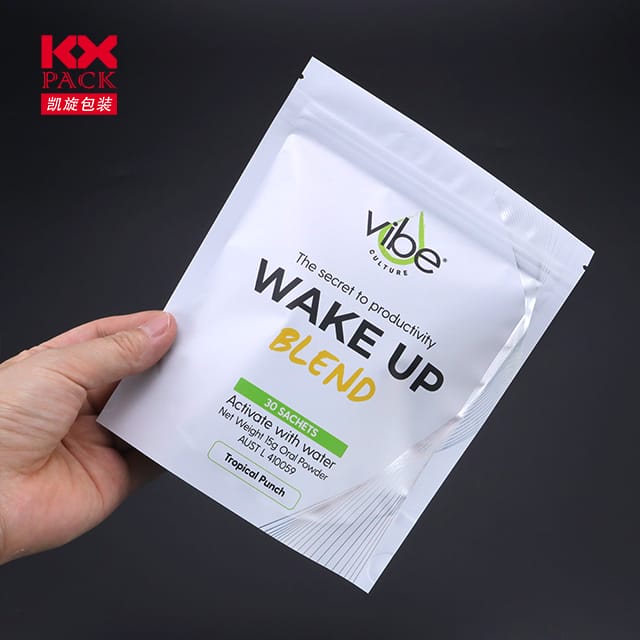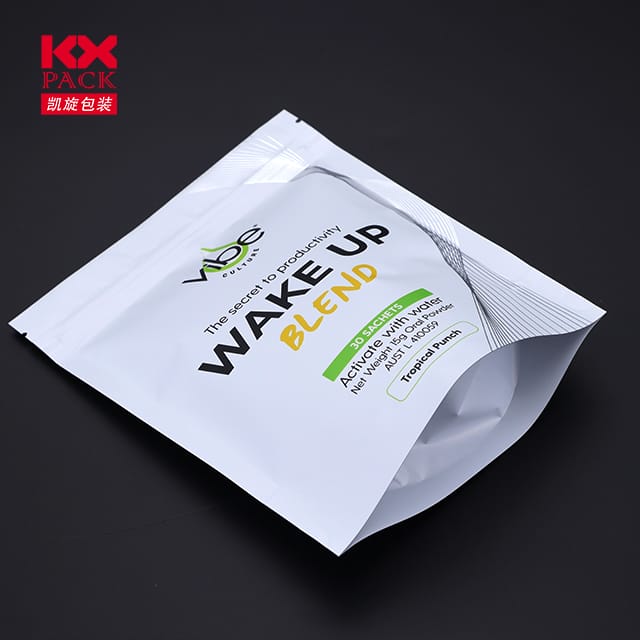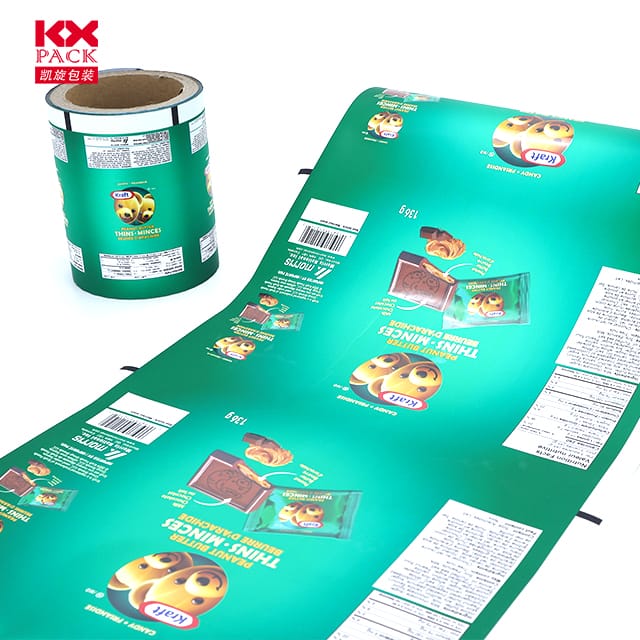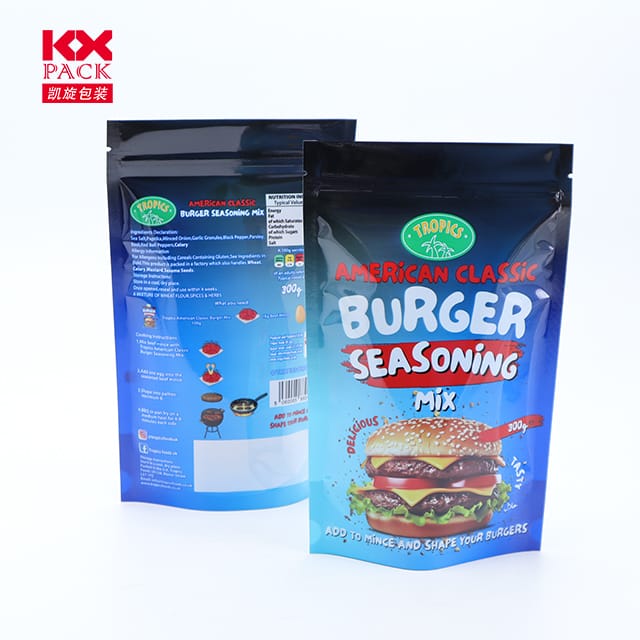Fenntartható megoldások az élelmiszerbiztonsághoz: A műanyag film tekercs átgondolása az élelmiszer -csomagoláshoz
Műanyag filmtekercs
A műanyag fóliatekercsek alapvető fontosságúak az élelmiszer-csomagolásban – a friss termékektől a pékárukig mindent megvédenek, frissesség biztosítása, és meghosszabbítja az eltarthatóságot. Még, kényelmük költséggel jár: Az egyszer használatos műanyag fóliák jelentősen hozzájárulnak a globális szennyezéshez, milliárd tonnával eltömődve a hulladéklerakók, óceánok, és ökoszisztémák. De mi lenne, ha újragondolnánk ezt az alapvető eszközt a funkcionalitás és a környezeti felelősség közötti egyensúly megteremtésére? Fedezzük fel, hogy az élelmiszer-csomagoló műanyag fóliatekercsekkel kapcsolatos innovációk hogyan nyitják meg az utat a zöldebb jövő felé.
A hagyományos műanyag fóliák környezeti dilemmája
A legtöbb hagyományos műanyag fólia ebből készül polietilén (PE), polipropilén (PP), vagy PVC– olyan anyagok, amelyek lebomlása évszázadokig tart. Még akkor is, ha újrahasznosítják, ezek a filmek gyakran szennyeződési problémákkal szembesülnek, vagy hiányzik a megfelelő gyűjtési infrastruktúra. Az eredmény? Az élelmiszer-csomagolási hulladék csaknem 40% a globális műanyaggyártásban, nagy része mikroműanyagként végzi, amely beszivárog a talajba, víz, és még a táplálékláncunkat is.Műanyag filmtekercs)
Eltolás a fenntartható alternatívák felé
Szerencsére, az élelmiszer-csomagolóipar fejlődik. Így gondolják újra a gyártók a műanyag fóliatekercseket:
- Biológiailag lebontható és komposztálható filmek
- Készült növényi alapú anyagok mint a kukoricakeményítő, cukornád, vagy algák, ezek a fóliák természetesen hónapokon belül lebomlanak a komposztáló létesítményekben.
- Ideális rövid eltarthatóságú termékekhez (PÉLDÁUL., saláták, szendvicsek) ahol a hagyományos műanyag nem elengedhetetlen.
- Újrahasznosított tartalomfilmek
- Használata a fogyasztó utáni újrahasznosított (PCR) műanyag csökkenti a szűz anyagoktól való függést, és elvezeti a hulladékot a szemétlerakóktól.
- Az újrahasznosítási technológia fejlődése most már erősebbet tesz lehetővé, átlátszó fóliák, amelyek élelmiszertermékek szélesebb körére alkalmasak.
- Ehető és vízoldható fóliák
- Az élvonalbeli lehetőségek közé tartozik ehető bevonatok (hínárból vagy keményítőből készült) amelyek védik az élelmiszereket, és ártalmatlanul fogyaszthatók vagy eldobhatók.
- A vízben oldódó filmek vízben oldódnak, a hulladék teljes megszüntetése.
- Újrafelhasználható és magas védőfóliák
- Tartós, többrétegű fóliák, amelyeket arra terveztek újrafelhasználható tartályok (PÉLDÁUL., szilikon fedők vagy méhviasz pakolások) csökkenti az egyszer használatos hulladékot.
- High-barrier filmek (oxigén- vagy nedvességszabályozással) Hosszabbítsa meg az eltarthatóságot, az élelmiszer-pazarlás csökkentése – kritikus fenntarthatósági cél.
A funkcionalitás és a fenntarthatóság kiegyensúlyozása
Bár a környezetbarát alternatívák ígéretesek, A kihívások megmaradnak:
- Költség: A fenntartható filmek előállítása gyakran többe kerül, bár az árak csökkennek a technológiai léptékkel.
- Teljesítmény: Egyes biológiailag lebomló fóliák nem rendelkeznek a hagyományos műanyag szilárdsági vagy záró tulajdonságaival, felhasználásuk korlátozása bizonyos élelmiszereknél.
- Infrastruktúra: A komposztálható fóliákhoz ipari komposztáló létesítmények szükségesek, amelyek sok régióban ritkák.
azonban, a márkák és a fogyasztók előmozdítják a változást:
- Befektetni R-be&D a fólia tartósságának és megfizethetőségének javítása érdekében.
- Szorgalmazza a politikai változásokat (PÉLDÁUL., kiterjesztett gyártói felelősségi törvények).
- A minimális választás, újrahasznosítható csomagolás ahol lehetséges.
Hogyan változtathatnak a fogyasztók?
Nem kell a tökéletes megoldásokra várnia, hogy cselekedjen:
- Támogassa a márkákat fenntartható filmekkel: Keressen olyan tanúsításokat, mint TÜV Austria OK Compost vagy BPI (Biológiailag lebomló Termékek Intézete).
- Csökkentse és használja újra: Válaszd a tömeges vásárlást, újrafelhasználható tartályok, vagy méhviasz pakolásokkal, hogy minimálisra csökkentsék a filmfüggőséget.
- Helyesen újrahasznosítsa: Tisztítsa meg és hasznosítsa újra a PE/PP fóliákat, ahol elfogadják (ellenőrizze a helyi irányelveket).
- Igényeljen átláthatóságot: Nyomás a cégekre, hogy hozzák nyilvánosságra a fóliaanyagokat és az élettartam végi opciókat.
Az élelmiszer-csomagolás jövője: Holisztikus megközelítés
A fenntartható műanyag fóliatekercsek csak egy darabját jelentik a kirakósnak. A végső cél? Akör alakú gazdaság ahol a csomagolást újrafelhasználásra tervezték, újrafeldolgozás, vagy komposztálás. Ez megköveteli:
- Együttműködés kormányok között, gyártók, és a fogyasztók.
- Innováció az anyagtudományban (PÉLDÁUL., micélium alapú filmek vagy laboratóriumban termesztett alternatívák).
- Oktatás hogy eloszlassa a mítoszokat a műanyag élelmiszerbiztonsági szükségességéről.
Az Ön szerepe az átmenetben
Minden alkalommal, amikor kicsomagol egy snacket vagy tárolja a maradékot, van választásod. A fenntartható csomagolás támogatásával, szorgalmazza a változást, és a hulladék csökkentése, segít újradefiniálni a műanyag fóliatekercsek szerepét az életünkben.
Készen áll az élelmiszer-csomagolási szokások újragondolására? Oszd meg kedvenc környezetbarát cseréidet vagy kérdéseidet kommentben – építsünk együtt egy hulladékmentes konyhát! 🌱🍴
Hashtagek: #FenntarthatóCsomagolás #PlasticFreeFuture #FoodWaste #GreenInnovation #Circular Economy






